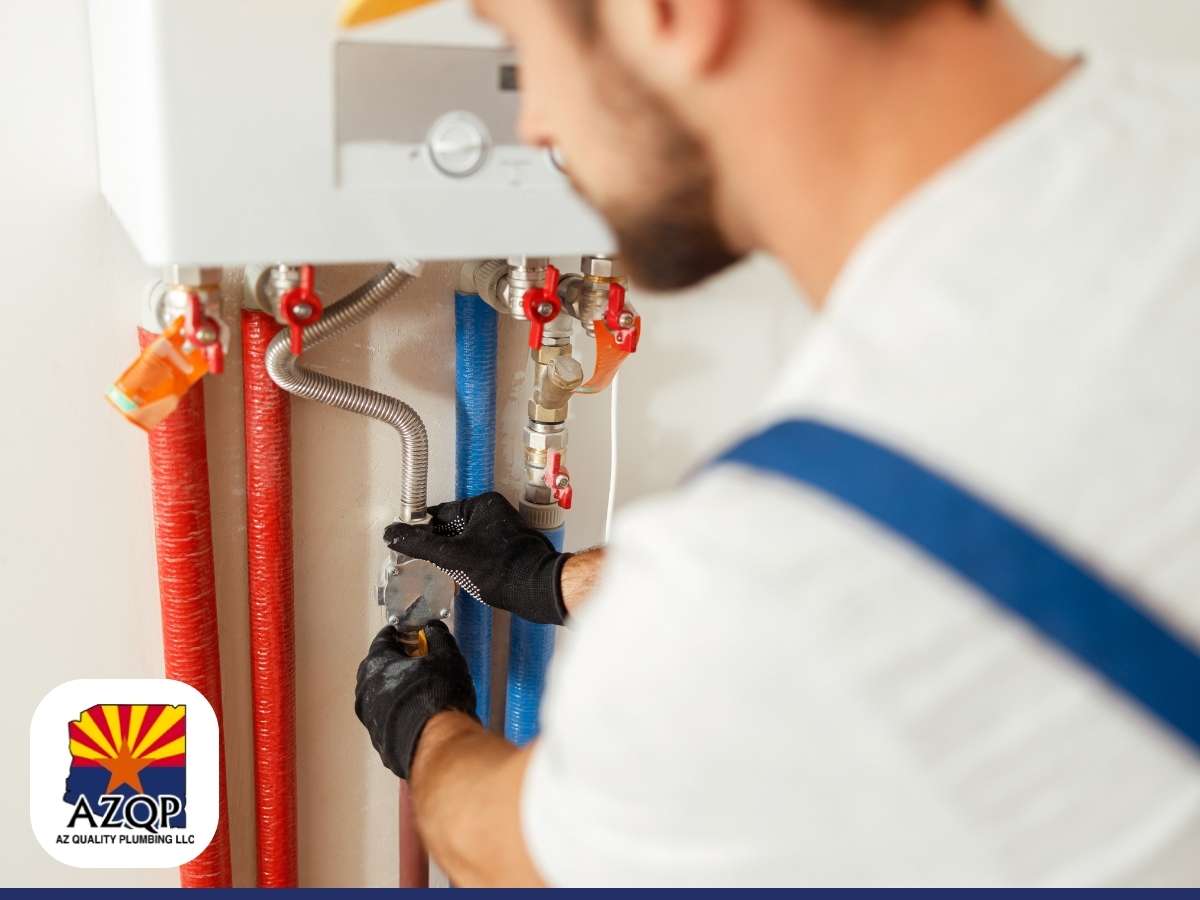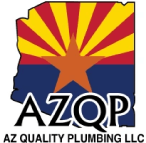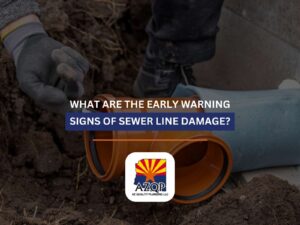How Do You Know If You Need To Replace a Water Heater?
Understanding The Lifespan Of Your Water Heater: Recognizing When To Upgrade It
A water heater is crucial to any home’s plumbing system, providing hot water for various household needs. However, like any other appliance, it has a limited lifespan and can eventually fail. Recognizing the signs that your water heater is on the brink of failure is crucial to avoid unexpected disruptions and costly damages. The question is, how do you know when it’s time to replace your water heater?
We will explore the signs that indicate the need for a new water heater, and discuss how consulting with a pumbling company in Arizona can help you make the right choice.
Deciding On Water Heater Replacement: Key Considerations
For many homeowners, the availability of hot, running water is often taken for granted—a daily luxury utilized up to 20 times within the confines of one’s home. However, proactive maintenance and timely plumbing repair of water heaters is a responsibility that should not be overlooked. The question arises: when is it time to consider the replacement of the water heater in its entirety?
According to manufacturers, the suggested average lifespan for a conventional water heater ranges from eight to 12 years, while a tankless water heater can endure up to 20 years before requiring replacement. Regardless of the type of water heater in place, the inevitable corrosion that comes with age necessitates vigilant monitoring and regular plumbing repair, especially if the unit is in the latter half of its lifespan. Ignoring the signs of wear and tear can lead to more significant issues, underscoring the importance of addressing plumbing repair needs promptly to ensure the longevity and efficiency of your water heater.
Troubleshooting Discolored Water: Is It Your Water Heater Or Plumbing?
A prevalent concern observed in aging water heaters is the production of discolored water. While various factors may contribute to this occurrence, it is important to note that the discoloration does not necessarily signify an immediate need for water heater replacement.
Corrosion is a primary culprit behind rust, which can infiltrate the water supply, resulting in discolored water flowing from the faucets. Before hastily concluding that the water heater is the root cause, homeowners should consider seeking professional plumbing services to assess the situation. By running cold tap water for a few minutes, and having a plumber analyze the results, one can determine if the issue lies within the plumbing pipes rather than the water heater itself. If the cold water also exhibits a rusty tint, it may indicate a broader issue that requires comprehensive plumbing services. Conversely, if the cold water remains clear, it may indicate that the water heater is reaching the end of its service life and requires replacement.
Cloudy or sandy water may be attributed to sediment accumulation within the heater tank. A viable solution for homeowners entails draining the tank and eliminating the sediment. However, if the water continues to exhibit a sandy or cloudy appearance, it may signify a more severe issue, necessitating the replacement of the water heater. Regular monitoring and prompt action can help homeowners address water quality concerns and ensure the optimal functioning of their water heating systems.
Essential Signs That Indicate Your Water Heater Needs Replacement
One of the most common reasons to consider replacing a water heater is a lack of consistent and adequate warm water supply within the home. This can manifest in various ways, including:
- Insufficient hot water pressure or flow, resulting in shorter showers or limited access to hot water.
- Decreased temperature of the hot water, which can be particularly problematic during cold weather or when multiple fixtures are running simultaneously.
- Intermittent or complete loss of hot water can be caused by a variety of factors, including mechanical failure or insufficient capacity.
The severity of these issues can be exacerbated by increased energy costs, as the heating bill may rise concurrently with the need for additional hot water. In such cases, investing in a new, more efficient water heater can help alleviate these problems while also reducing energy consumption and costs over time.
The Importance Of Addressing Strange Noises In Aging Water Heaters
As water heaters age, they may exhibit increased noise levels during the heating process, which can be a sign of impending issues. The source of these noises can be attributed to various factors, including sediment buildup at the bottom of the tank. The sound of sediment buildup is characterized by the hardened sediment banging against the tank, which can lead to increased noise levels over time. If left unchecked, this sediment can accumulate and harden, causing damage to the tank and reducing the water heater’s efficiency. This, in turn, can accelerate the wear and tear on the heater and potentially lead to more significant problems down the line.
To prevent long-term damage and extend the life of the water heater, it is essential to address any unusual noises or vibrations as soon as they are detected. Homeowners should regularly check their water heater for signs of sediment buildup and take appropriate action to maintain its efficiency and longevity.
Managing Leaks & Puddles: Signs Of Water Heater Wear
As water heaters reach the end of their lifespan, they often exhibit signs of leakage around the floor of the tank. This can lead to potential property damage for the homeowner, ranging from minor to significant. Leaks in a water heater tank are typically caused by expansions in the metal tank, which occur over multiple heating cycles throughout the tank’s lifespan.
These expansions can result in fractures and leaking water, which may be minor in some cases but can also lead to more significant damage if left unaddressed. In many instances, plumbing repair may be possible, but this is only a temporary solution, and ultimately, the water heater will need to be replaced to prevent further damage and ensure optimal performance.
Expert Water Heater Maintenance With Maricopa’s Top Plumbers
Even if no issues are currently present, it is highly recommended that homeowners with water heaters over 10 years of age have them regularly maintained by a professional plumber. A thorough inspection by a qualified plumber can help identify any potential problems before they become major concerns.
By scheduling regular maintenance appointments with AZ Quality Plumbing homeowners can ensure their water heater is functioning at optimal levels and prevent unexpected breakdowns. Additionally, a professional plumber can provide a professional opinion on the heater’s overall condition and recommend when replacement may be necessary to avoid any potential issues. Contact us today!











